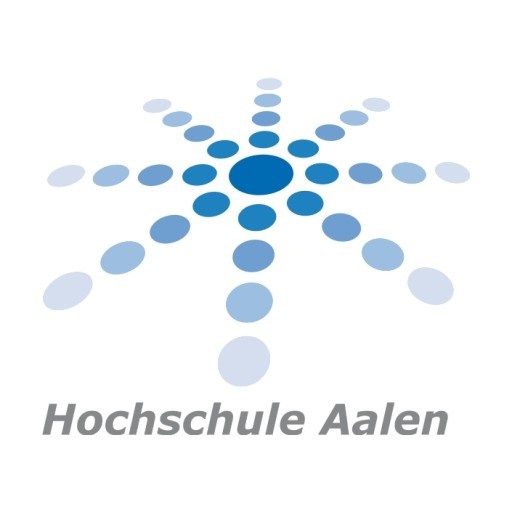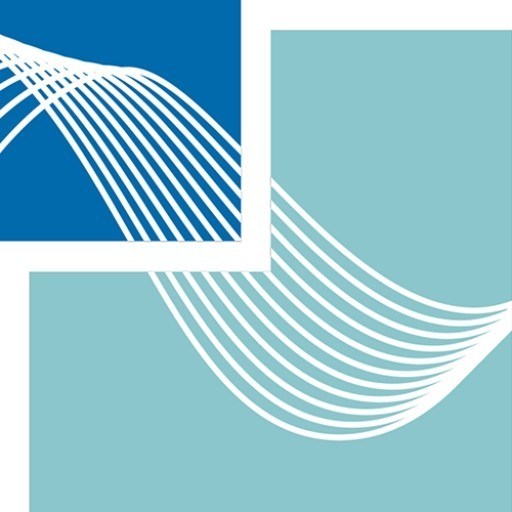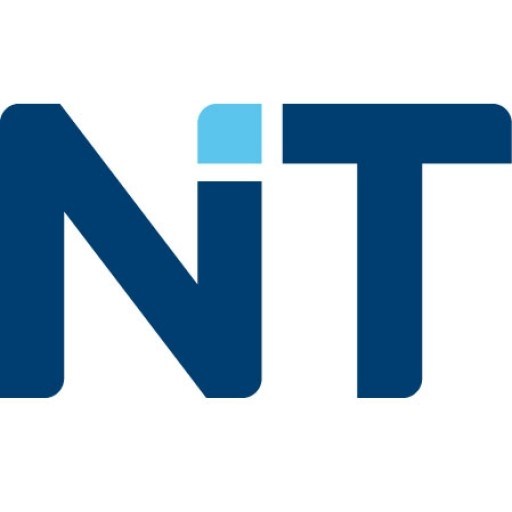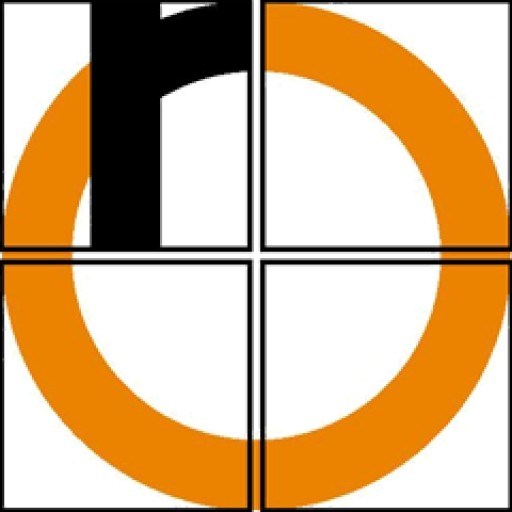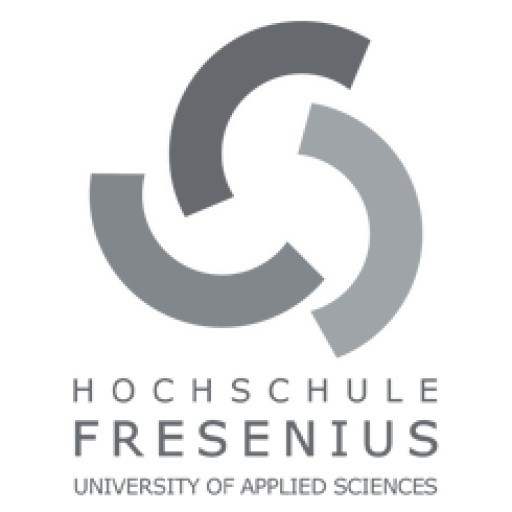Photos of university / #universitaet.tuebingen
The Bachelor's degree programme in Biomedical Technologies at the University of Tübingen offers students a comprehensive education at the intersection of medicine, biology, and engineering. This interdisciplinary course is designed to prepare students for a future in medical technology, biomedical research, and healthcare innovation. Throughout the programme, students gain foundational knowledge in biology, chemistry, physics, and mathematics, complemented by specialized coursework in biomedical engineering, medical device technology, diagnostics, and biomedical signal processing.
The curriculum emphasizes practical skills alongside theoretical understanding, ensuring graduates are equipped to develop, optimize, and implement new medical technologies. Students have opportunities for laboratory work and project-based learning, fostering hands-on experience in designing and testing biomedical devices and systems. The programme also covers essential topics such as bioinformatics, imaging techniques, biomaterials, and clinical applications, providing a holistic view of modern biomedical solutions.
Students benefit from the university’s close ties with local hospitals, research institutes, and industry partners, which facilitate internships, collaborative projects, and cutting-edge research opportunities. The degree prepares graduates for diverse careers in medical device development, biotechnology firms, healthcare institutions, and research organizations. It also provides a solid foundation for those wishing to pursue advanced degrees in biomedical engineering, medicine, or related fields.
Overall, the Biomedical Technologies programme at the University of Tübingen combines rigorous scientific education with practical training, fostering innovative thinkers capable of contributing to the advancement of healthcare technology. The programme is suitable for students interested in applying engineering principles to solve medical challenges, improving patient care, and advancing biomedical research. Graduates leave well-prepared to make impactful contributions to the rapidly evolving field of biomedical technology, equipped with the skills needed for successful careers in industry, academia, or clinical environments.
Implantology
Implantology encompasses the development and production of both vital and avital implants. The aim of this module is to transfer a detailed knowledge about tissue engineering, biomaterials, reactor technology as well as interfaces between tissues and synthetic surfaces, biocompatibility, surface passivation and signal transduction. The scope of topics ranges from basic research to clinical trials, including the design of implants, their use in animal trials and their clinical application.
Bioimaging
Bioimaging imparts deeper knowledge regarding preclinial imaging and clinical application, i.e. positron-emission tomography (PET), magnetic resonance imaging (MRI), optical imaging (OI), computer tomography (CT), ultrasound (US) and encloses the development of the future generation PET and mulimodality imaging equipment.
On the basis of special laboratory techniques different methods of measurement are demonstrated. For clinical application students discuss very special issues on Biomedical Technologies which are illustrated in practical sessions.
Nanoanalytics/Interfaces
Nanoanalytics/Interfaces integrate biological and molecular nanophysics, nanotechnology, biomedical measurement technology, scanning probe microscopy, electron microscopy, nanostructures, nanomechanics, label-free detection methods, scientific instrumentation and devices, transducers, electrical sensing of living cells, chip-based sensors, hard- and software development. On the basis of lectures, seminars and practical work experience students get insights into a very innovative field of research in Biomedical Technologies and acquire a fundamental knowledge on organization of matter. They get to know interdiciplinary methods of approach and discussion and develop the capability to analyze and solve problem definitions.
Mandatory courses
Mandatory courses offer competence-based fundamental knowledge and tools demanded from industry and clinic.
Elective courses
Elective courses allow broadening the knowledge in one of the other specialization fields. Alternatively, for students being more technically interested courses at the University of Stuttgart can be chosen (max. 12 ECTS).
Admission requirements
In addition to the completed application form, the minimum graduate admission requirements are:
- a Bachelor’s degree/first degree in Medical Technologies or a recognized equivalent from an accredited institution with 180 ECTS and with a final grade of at least 3,0 in the German grading system; equivalence is tested by the selection committee.
- official evidence of English language proficiency
- an “Allgemeine Hochschulzugangsberechtigung (HZB)” i.e. a general qualification for university entrance. Foreign certificates must be verified by the relevant public authority as comparable;
- a curriculum vitae (CV)
- a letter of motivation (a maximum of 1 A4 page)
The Biomedical Technologies master's program at the University of Tübingen offers a range of financing options to support students throughout their studies. Tuition fees for international students are generally determined by the university and may vary depending on the residence status. For students from the European Union, the program typically involves no tuition fees, as is common at many German universities, including Tübingen. However, students are responsible for semester contributions, which cover administrative costs, student services, and public transportation. These semester fees usually amount to approximately 150 to 250 euros per semester.
Financial support can be obtained through various channels. German universities, including the University of Tübingen, offer scholarships and grants for both domestic and international students. These scholarships may be provided by the university itself, government agencies, or external foundations. For instance, students can apply for the DAAD (German Academic Exchange Service) scholarships, which support international students pursuing studies in Germany and provide a monthly stipend along with health insurance and travel allowances. Eligibility criteria and application procedures vary, and applicants are advised to consult the DAAD website for detailed information.
Additionally, students can explore other funding options such as part-time employment on or off campus, which is permitted under German regulations for international students. The university's career services can assist students in finding suitable job opportunities, which can help alleviate financial burdens. Many students also benefit from student loans available through their home countries or international financial institutions, although these are not directly managed by the university.
Some students may be eligible for governmental or state-sponsored financial aid programs, depending on their nationality and personal circumstances. It is recommended to contact the university's student advisory services early in the application process to receive personalized guidance on financing options and planning. Moreover, the university provides clear information on the cost of living in Tübingen and budgeting advice, helping students plan their finances effectively. In conclusion, while the University of Tübingen offers various forms of financial assistance and support, prospective students should thoroughly research and plan their funding strategies prior to admission to ensure a smooth academic journey.
Characteristics
The interprofessional and interdisciplinary Master’s program in Biomedical Technologies is characterized by practice orientation and internationality with the ambition to qualify future excellent scientists for research in Biomedical Technologies.
A particular strength of the Master’s program in Biomedical Technologies at the University of Tübingen is its location within the thriving research culture of the Faculty of Medicine with its focus areas of implantology and bioimaging and of the Faculty of Sciences with its focus area of nanoanalytics/interfaces, all of which have been deemed excellent by the Training in these focus areas is offered by experts who are predominantly active researchers or clinical scientists. As expert teachers they provide a comprehensive and thoroughly up to date overview of the area.
choice for students seeking advanced academic and application-oriented research training in emerging fields of Biomedical Technologies.
Tübingen’s consecutive Master’s program lasts two academic years (4 semesters) and encompasses a total of 120 ECTS credit points. It is run by the Faculty of Medicine in close collaboration with the Faculty of Sciences.
Our curriculum complies with the European Credit Transfer System (ECTS) to ensure compatibility with other international programs.

